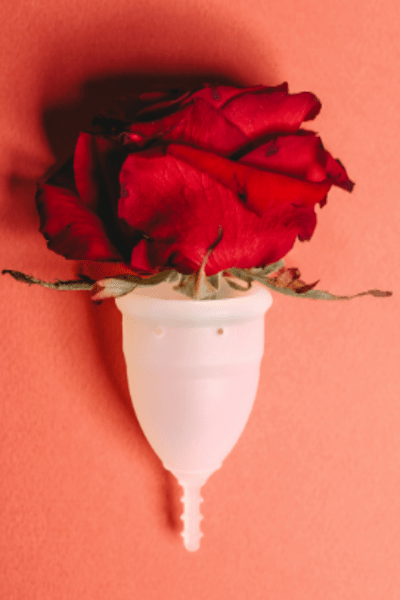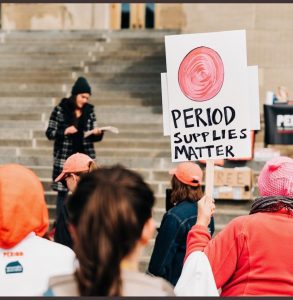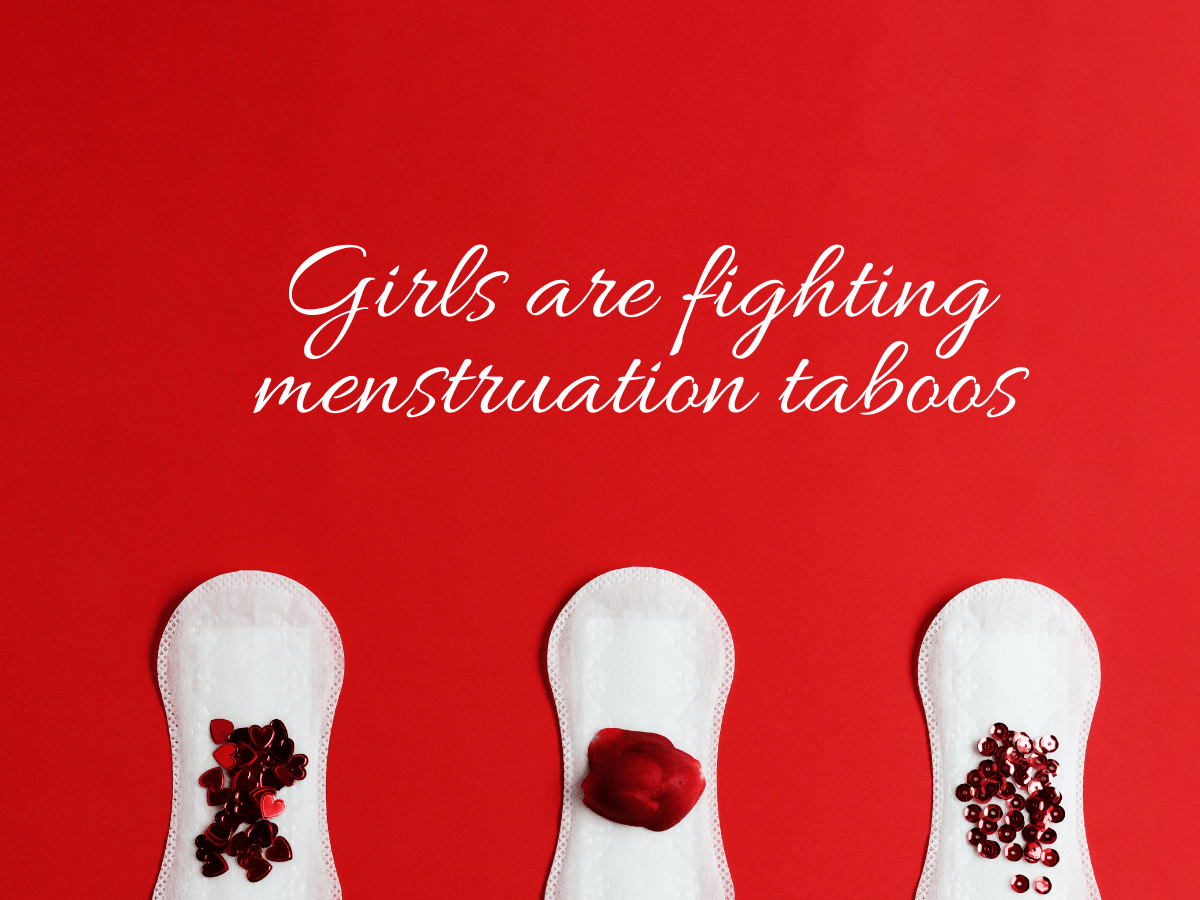
It is the 21st century, and still, menstruation is regarded as something unclean or dirty in Indian society. Women undergoing the monthly cycle are still subjected to restrictions on cooking, work activities, bathing, worshipping, and eating certain foods. Widespread restrictions around menstruation contributes to strong gender disparities in health, education, and work participation. These restrictions are because of cultural and religious beliefs and due to which menstruation is perceived as unclean or dirty in Indian society. Menstrual hygiene is a Human Right
Menstruation is a normal process that occurs every month and health is often given less importance without realizing how immensely it affects the body of a woman. 800 million women Menstruate around the world. In fact, it is estimated that only 12% of women in India use sanitary pads.
Girls have little or no information about reproductive tract infections caused due to ignorance of personal hygiene. Adolescent girls constitute a vulnerable group where they are neglected. It is estimated that around 20% of girls drop out of school after reaching puberty, and many more are absent for the entire duration of their period.

Most rural women lack awareness or are too poor to buy awareness or are too poor to buy sanitary napkins. Some women go for alternative things for their menstruation period like they use ripped-up T-shirts and old clothes, which can carry health risks. Other diseases like urinary tract infections, fungal infections and cervical cancer have a higher incidence among these women as well.
It is difficult for girls and women to use toilets as frequently as they need to during their period in slums area where they are dependent on community toilets and it’s also difficult for women migrants to manage their periods on the tough and long road home without access to any type of hygiene products. Incapacity to maintain hygiene can impact on the heath of Menstruators adversely.
Attention should be paid to Build private and clean toilets in rural areas and to ensure that women in rural communities in India have access to pads during the Menstruation period. Information on making, using, and maintaining homemade cloths posts safely should be given by the proper authority. There is also a crucial need to build awareness around menstrual hygiene on the government’s priority list.



